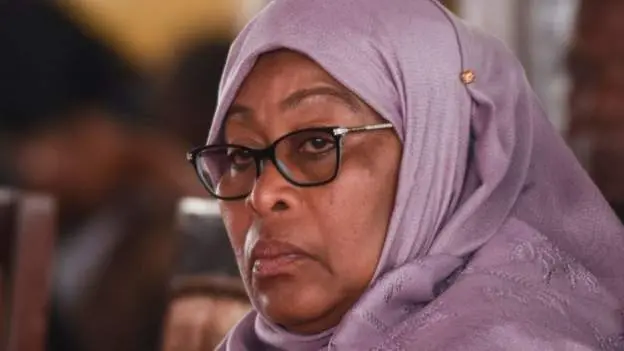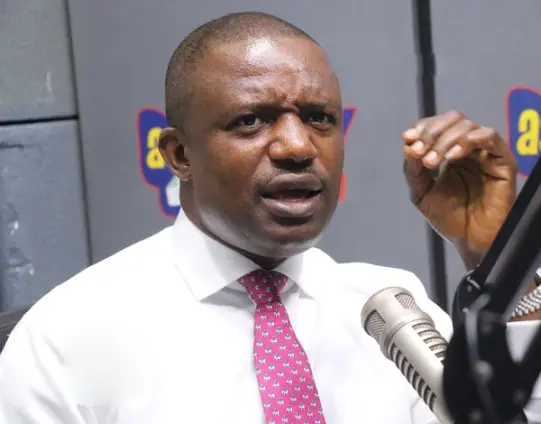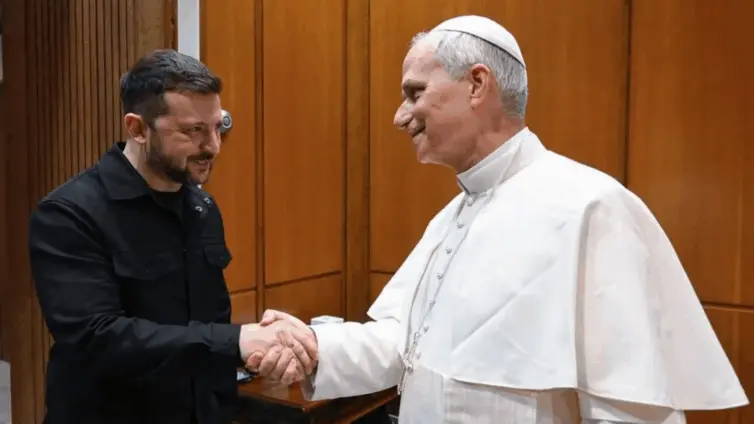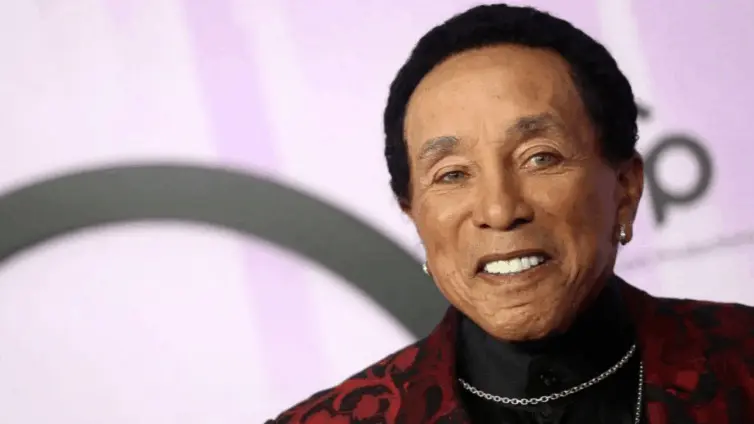Cyril Ramaphosa, the South African president and veteran negotiator famed for his role alongside Nelson Mandela in dismantling apartheid, is set to meet with Donald Trump, a meeting fraught with challenges given the increasingly strained US-South Africa relations. The aim is to mend a fractured relationship marred by accusations, aid suspensions, and diplomatic expulsions, exacerbated by Trump’s rhetoric and policy decisions. Ramaphosa faces the daunting task of charming a leader whose views on South Africa have been publicly critical, with significant economic implications hanging in the balance.
“The trade relations are what’s most important — that’s what has brought us here,” Ramaphosa has stated, underscoring the priority of maintaining economic ties amid political headwinds.
The relationship between the United States and South Africa has deteriorated significantly in recent years, fueled by several key issues. One prominent point of contention has been Trump’s repeated allegations of a “genocide” against Afrikaners, the descendants of Dutch settlers. These claims, amplified by figures like Elon Musk, have been vehemently denied by the South African government, which views them as baseless and inflammatory.
Adding to the tension is South Africa’s controversial land expropriation bill, which seeks to allow the government to seize land without compensating current owners. This policy has raised concerns in the US, particularly within the Trump administration, which viewed it as a threat to property rights and economic stability.
Further complicating matters is South Africa’s decision to bring a genocide case against Israel at the International Court of Justice (ICJ). This move has drawn sharp criticism from the US, a staunch ally of Israel, and has further strained diplomatic ties between Washington and Pretoria. The case is viewed by some in the US as an antagonistic act that undermines US-South Africa relations.
Tensions escalated further with the suspension of US aid to South Africa under the Trump administration. This decision was accompanied by an offer to resettle Afrikaners in the US as “refugees,” a move that was widely perceived as patronizing and insensitive by the South African government.
The diplomatic fallout reached a nadir with the expulsion of South Africa’s ambassador to the US, Ebrahim Rasool, after he accused Trump of “mobilising a supremacism.” Rasool’s strong language and condemnation of Trump’s policies led to a swift response from figures like Senator Marco Rubio, who characterised Rasool’s remarks as inappropriate and damaging to bilateral relations.
Against this backdrop of strained US-South Africa relations, Cyril Ramaphosa embarks on a high-risk strategy to mend fences with the Trump administration. Ramaphosa’s spokesperson, Vincent Magwenya, has emphasized that the primary goal of the meeting is to normalise diplomatic and trade relations, focusing on extending the African Growth and Opportunity Act (Agoa).
“What it represents is the beginning of a process towards resolving the current impasse and normalising diplomatic relations,” Magwenya stated, highlighting the importance of the meeting as a first step towards reconciliation.
South Africa’s reliance on AGOA for exports to the US, which amounted to $2.7 billion in 2023, underscores the economic stakes involved. Exclusion from a renewed agreement would have significant consequences for South Africa’s economy. The potential for exclusion looms large, adding pressure on Ramaphosa to secure a positive outcome from the meeting.
It is anticipated that the ICJ case against Israel will be a topic of discussion during the meeting, potentially leading to what Magwenya termed a “robust discussion.” The divergent views on this issue present a significant challenge to bridging the divide between the two nations.
Anthoni van Nieuwkerk, an expert on US-South Africa relations, has outlined two potential scenarios for the meeting. The first scenario envisions a cordial interaction leading to a reset in relations, driven by rational minds on both sides. However, the second scenario paints a far more negative picture, with the potential for Trump to focus on “white genocide” claims and publicly humiliate Ramaphosa.
“If the South African delegation cannot convince the Trump administration of the right of South Africa to exercise its own policy choices domestically and internationally… then the Oval Office moment will be used by Trump to humiliate Ramaphosa and to read him the riot act,” said van Nieuwkerk, illustrating the high stakes involved.
Ramaphosa’s negotiating skills are seen by some as an “ace up his sleeve.” His extensive experience and diplomatic acumen may prove crucial in navigating the complex dynamics of dealing with Trump. An invitation to Trump for a round of golf at the upcoming G20 Summit has been extended, signaling Ramaphosa’s willingness to engage on a personal level.
South Africa’s key exports to the US include minerals, precious stones, and agricultural products. Its geostrategic location also makes it an attractive partner for the US, particularly in the context of broader African affairs. The relationship extends beyond trade, with strategic importance for both countries. While South Africa seeks continued access to the US market, Magwenya emphasized that “As much as South Africa needs access to one of the world’s largest markets… the United States equally needs certain products and goods out of South Africa.”
The complexities of US-South Africa relations are undeniable. Ramaphosa’s upcoming meeting with Trump represents a critical starting point for the potential normalization of diplomatic ties. Successful engagement would offer substantial benefits for both nations through enhanced trade and cooperation. As such, navigating the intricacies of this relationship and achieving stability in Africa remains a key goal.
Image Source: MYJOYONLINE






















